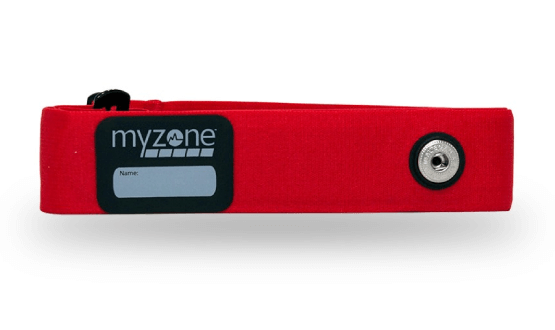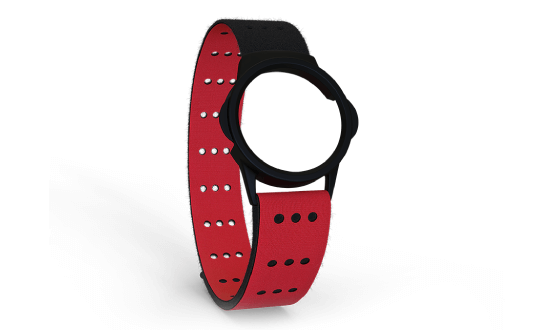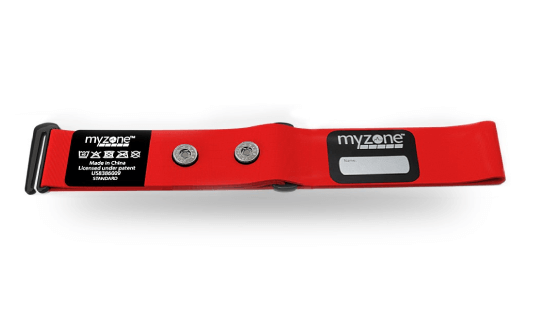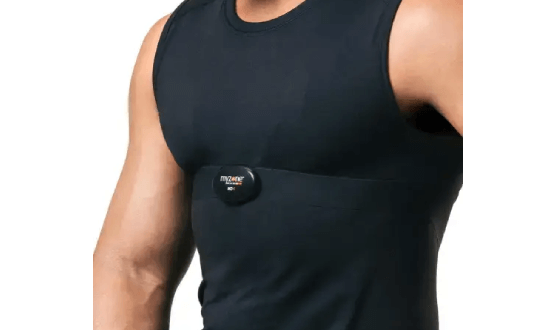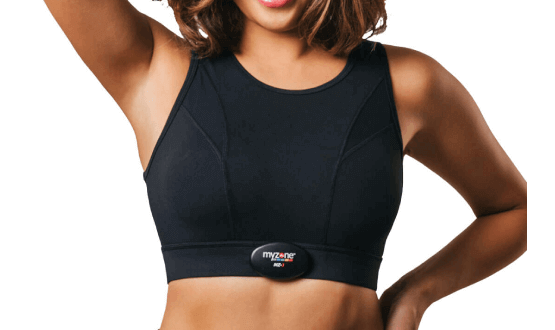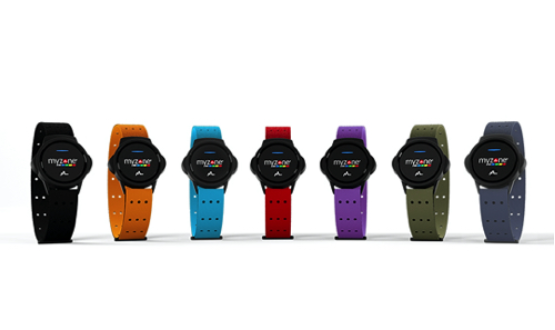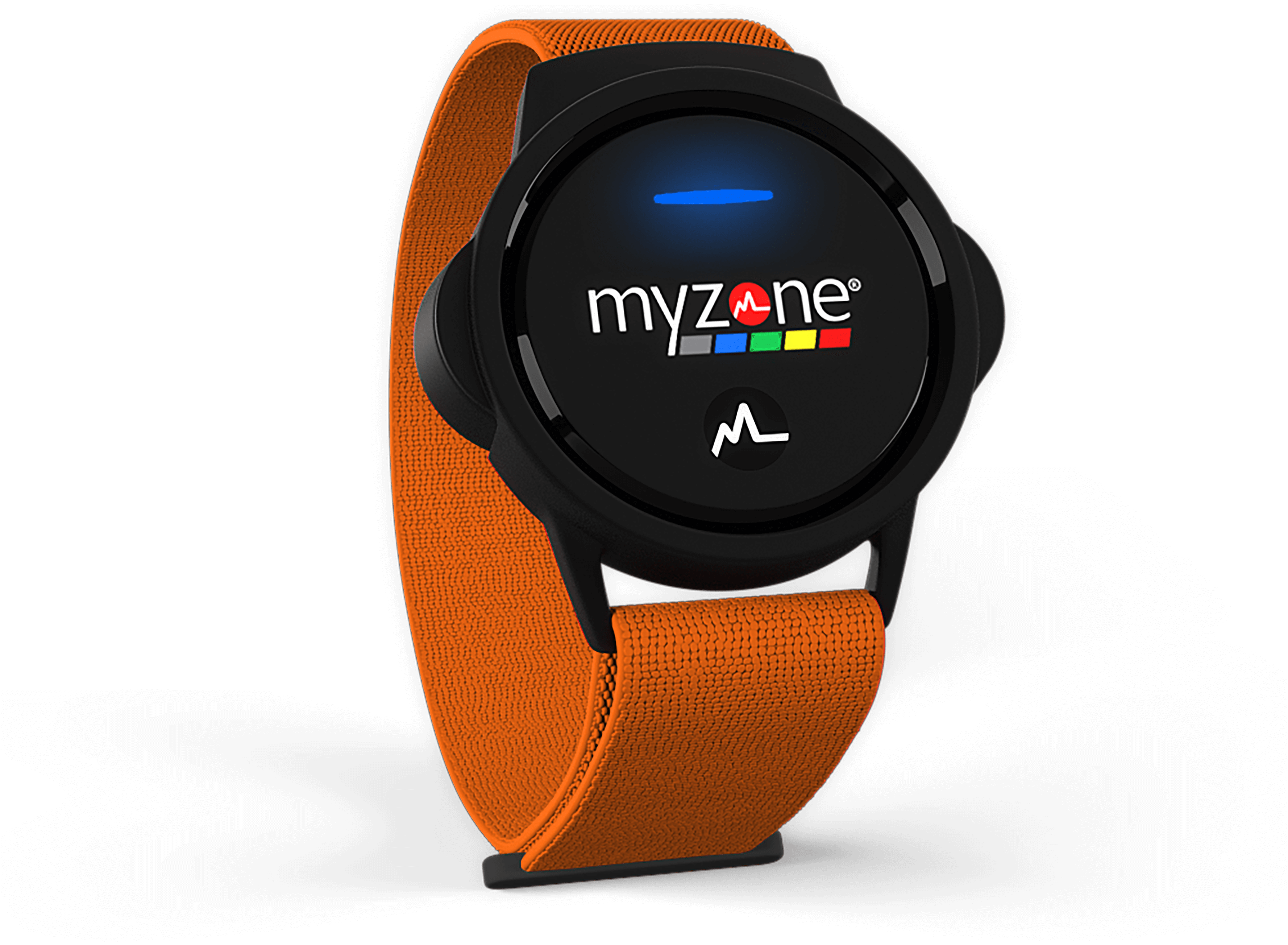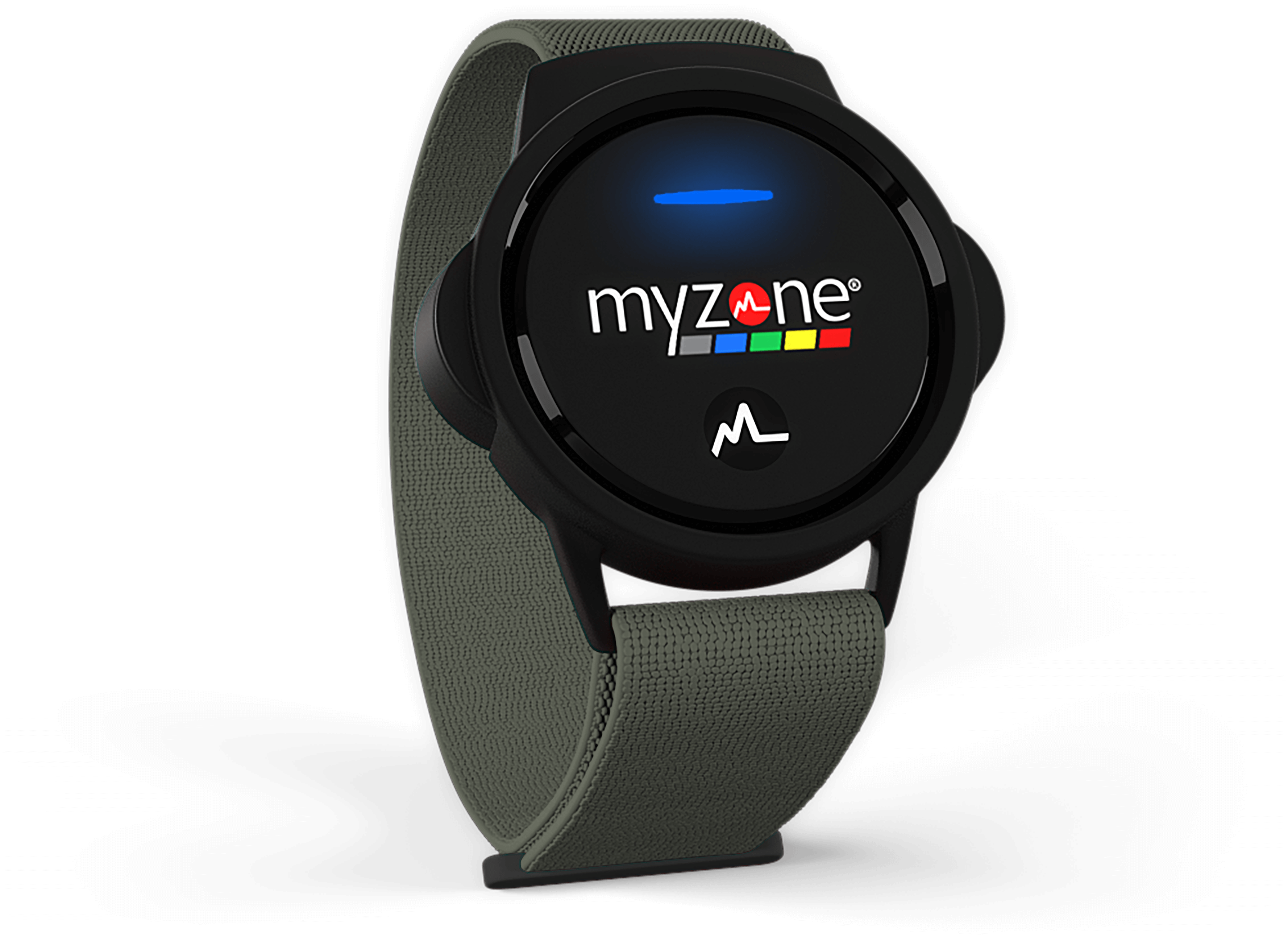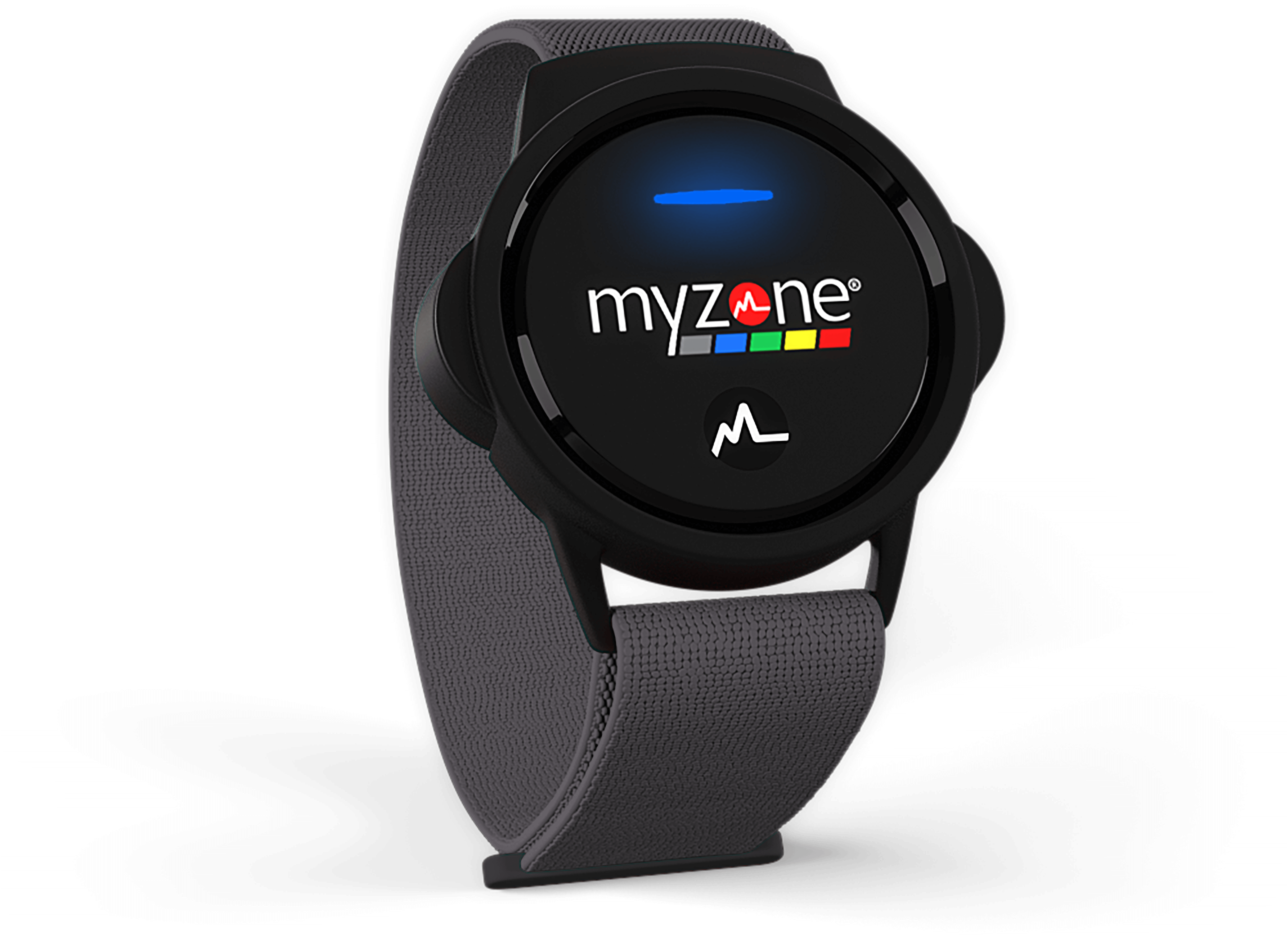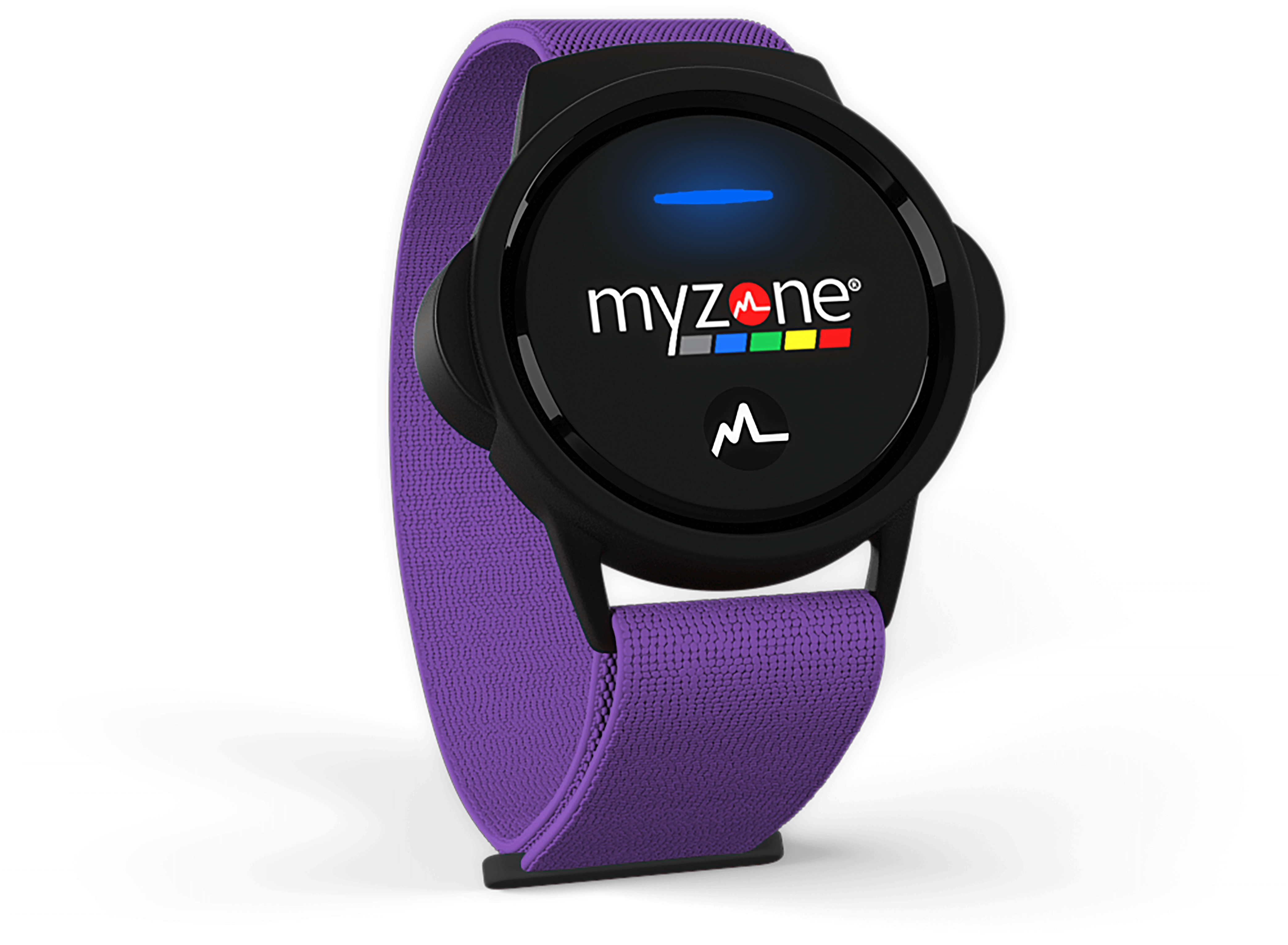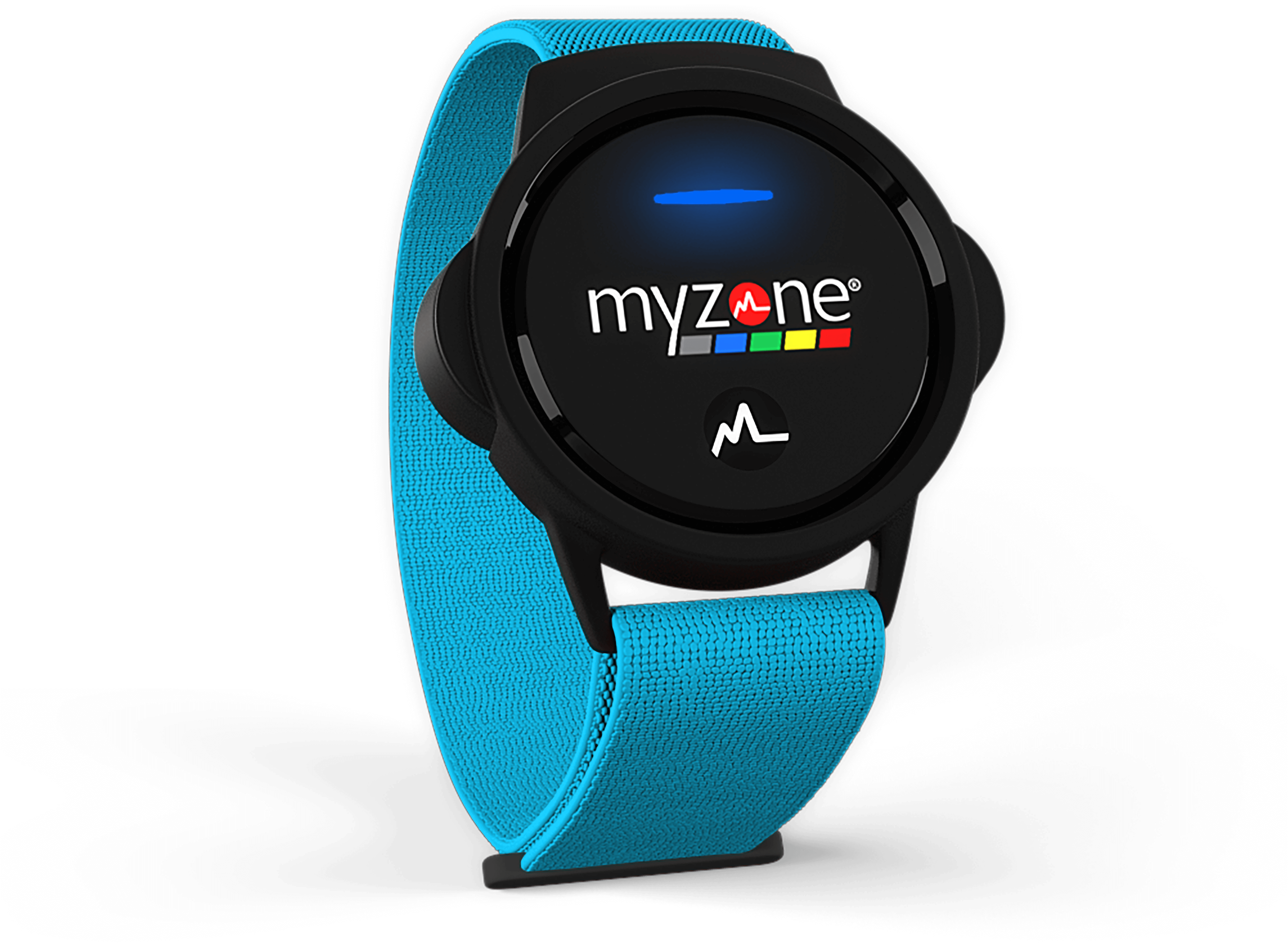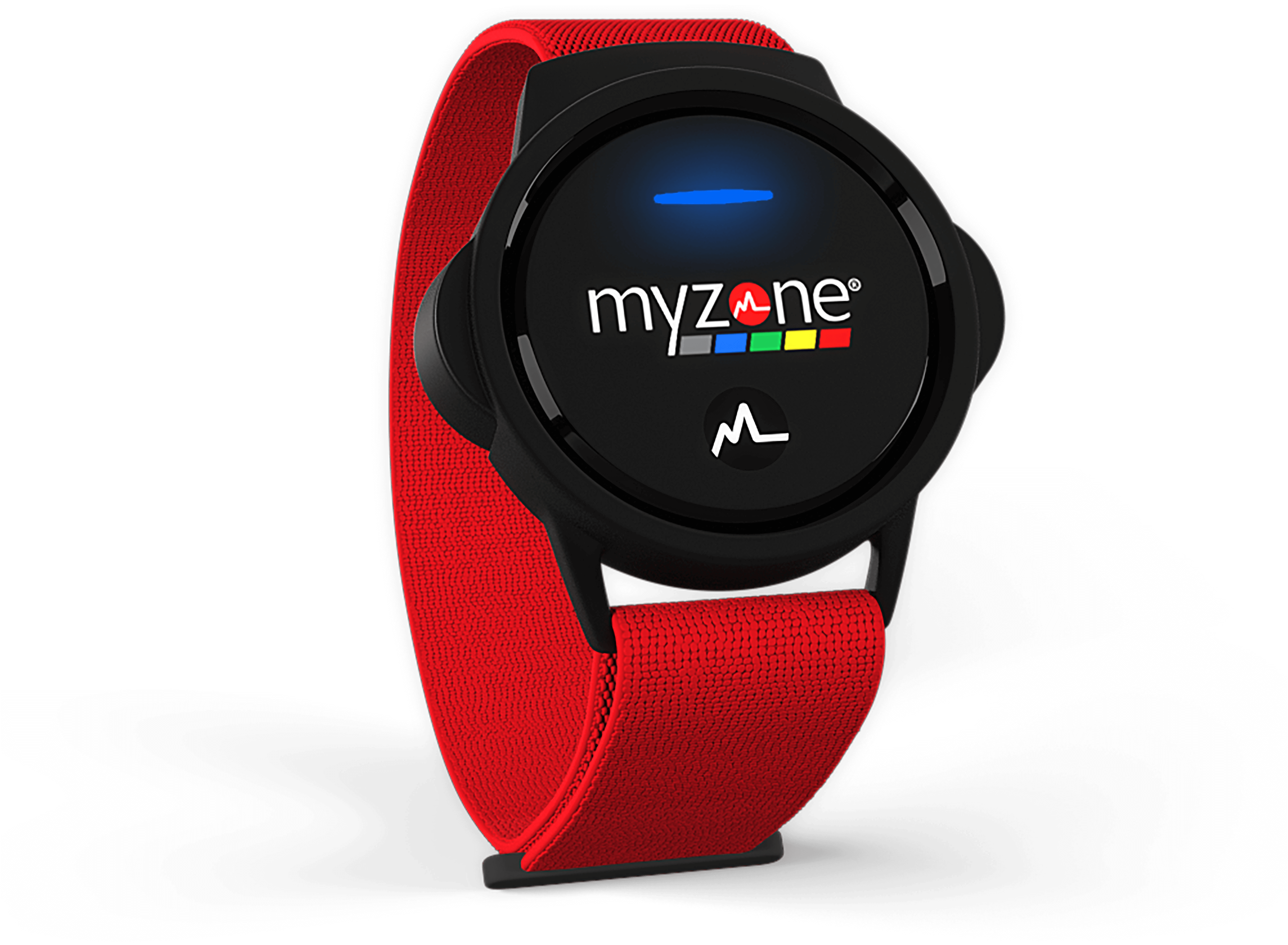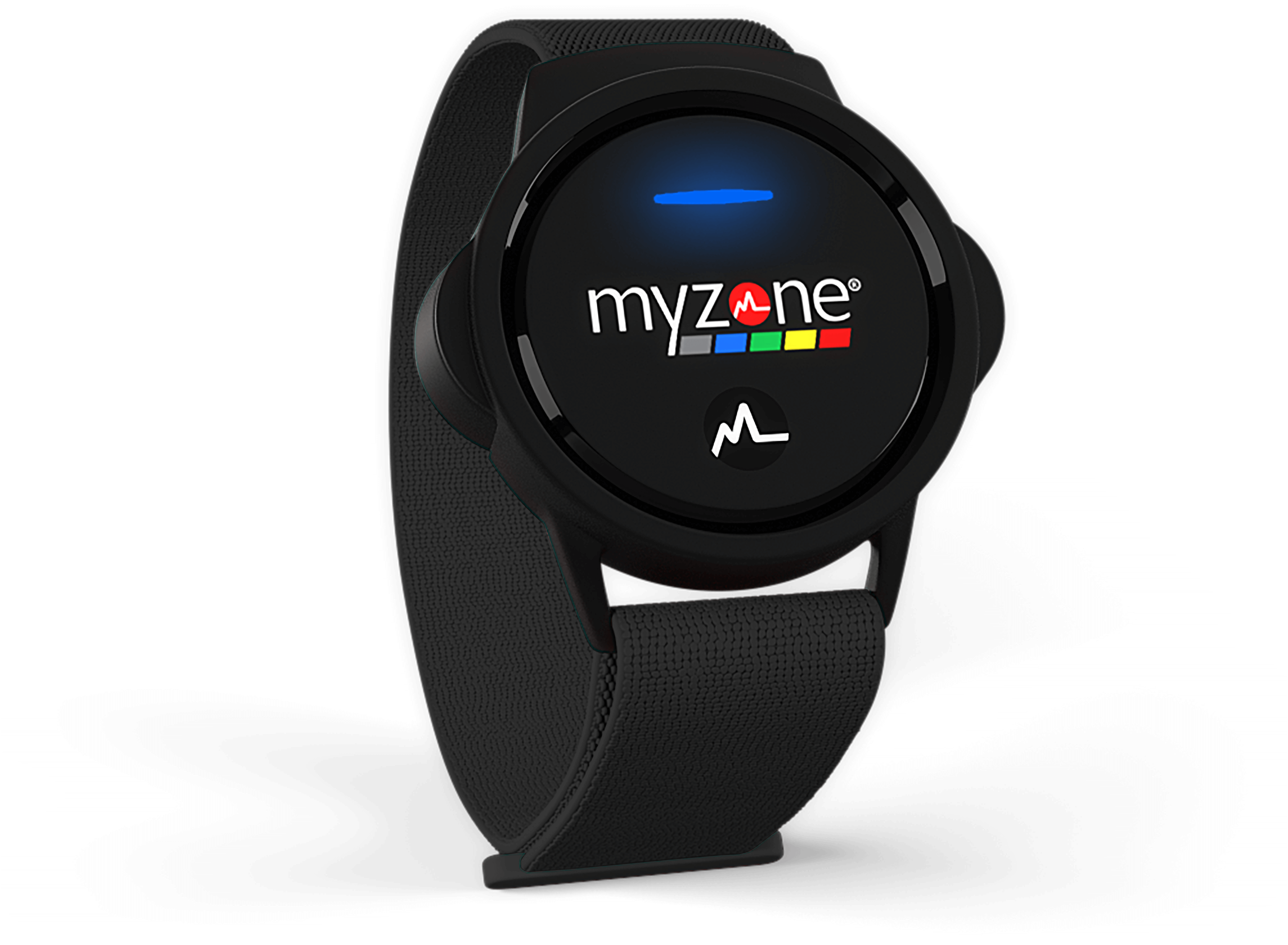Last post, we compared fitness trackers and fitness wearables and came to the conclusion that the chest strap is an accurate and reliable fitness tracker and heart rate monitor based on exercise intensity. But because wrist tracker devices are among the most popular, this post will take a closer look into the technology to determine if they are able to give you the feedback that you need to meet your health and fitness goals.
The makers of wrist-worn fitness trackers have been known to say (in response to claims of inaccurate step-readings) that it's not the figures that matter, but the pattern. They consider actual step-count accuracy a secondary issue, the primary issue being behavior modification in an upward trend. In essence, they are saying the tracker around your wrist is not so much a "tracker" but an "encourager." It is simply there to push you to take more steps tomorrow than you did today.
A wrist tracker counts your steps as well as estimates your calories burned, based on your age, weight, height, etc. But what does your wrist tracker know about cycling? Can it tell you how many calories you burned in spin class while your legs and abs felt like they were set on fire? How can a wrist tracker possibly award you for planks, box jumps, rowing, or dead lifts? Because they lack the ability to capture the full-spectrum of exercises you put your body through, it is hard to believe a mere "encourager" can keep you on-track toward proper health and fitness.
There is no doubt, however, that a wrist tracker can change the wearers behavior. Tracking any metric that provides a sense of instant accomplishment is a very powerful motivational tool. But here is the secret for any fitness tracker—the metric must be ACCURATE. Accelerometers and pedometers will encourage you to get off the bus one stop early and walk, but they don't drive exercise behavior because they don't track intensity, therefore they don't track exercise!
Some wearables may address the accuracy issue by mentioning that newer wrist trackers use optical blood flow technology to take your pulse, thereby getting a reading on how hard your body is working. While they are partially correct, many users and makers alike have outlined the problems with optical blood flow and the variance found in its readings. A recent CNET article outlined this very issue by comparing the accuracy of some of the top trackers at a normal resting heart rate and at a higher heart rate during exercise, and the results were telling.
Many of the name-brand fitness trackers, while accurate (or close to accurate) monitoring the heart at rest, were over 50% inaccurate in their attempt to monitor the BPM of the heart during exercise. An additional problem with some wrist tracking technology is that they can not detect your BPM while you are in motion. Some trackers request that you stop your exercise and even wait a few minutes before a BPM can be detected. This method is not ideal for users who want real-time readings that are able to motivate them to work harder, or alert them to dial down their intensity.
The gold standard of accurate exercise tracking, according to the National Institute of Health, is training in your target heart rate zone. They say it will help you reach your goals faster. But in order to train in your zone, you need a fitness tracker that will be accurate and reliable - in real-time. Heart rate monitoring via chest strap has proven to be both accurate and reliable. The creators of MYZONE reject optical blood flow and accelerometer technology based on its inability to give the wearer accurate, real-time feedback on their intensity levels. The MZ-3 uses a proprietary device that is 99.4% accurate to an EKG machine during exercise. The MZ-3 belt gives instant exercise feedback and motivates you to put in the workout effort required to get the results you want. tracking accuracy matters
So for those out there who want to invest in a fitness wearable that provides a true picture of intensity levels during a walk, run, HIIT session, kickboxing, or other form of exercise, the clear choice is the MZ-3 chest strap from MYZONE.
We would love to hear your stories. Share with us how the accuracy and instant feedback of the MZ-3 has affected your health and fitness goals using #EffortRewarded.



